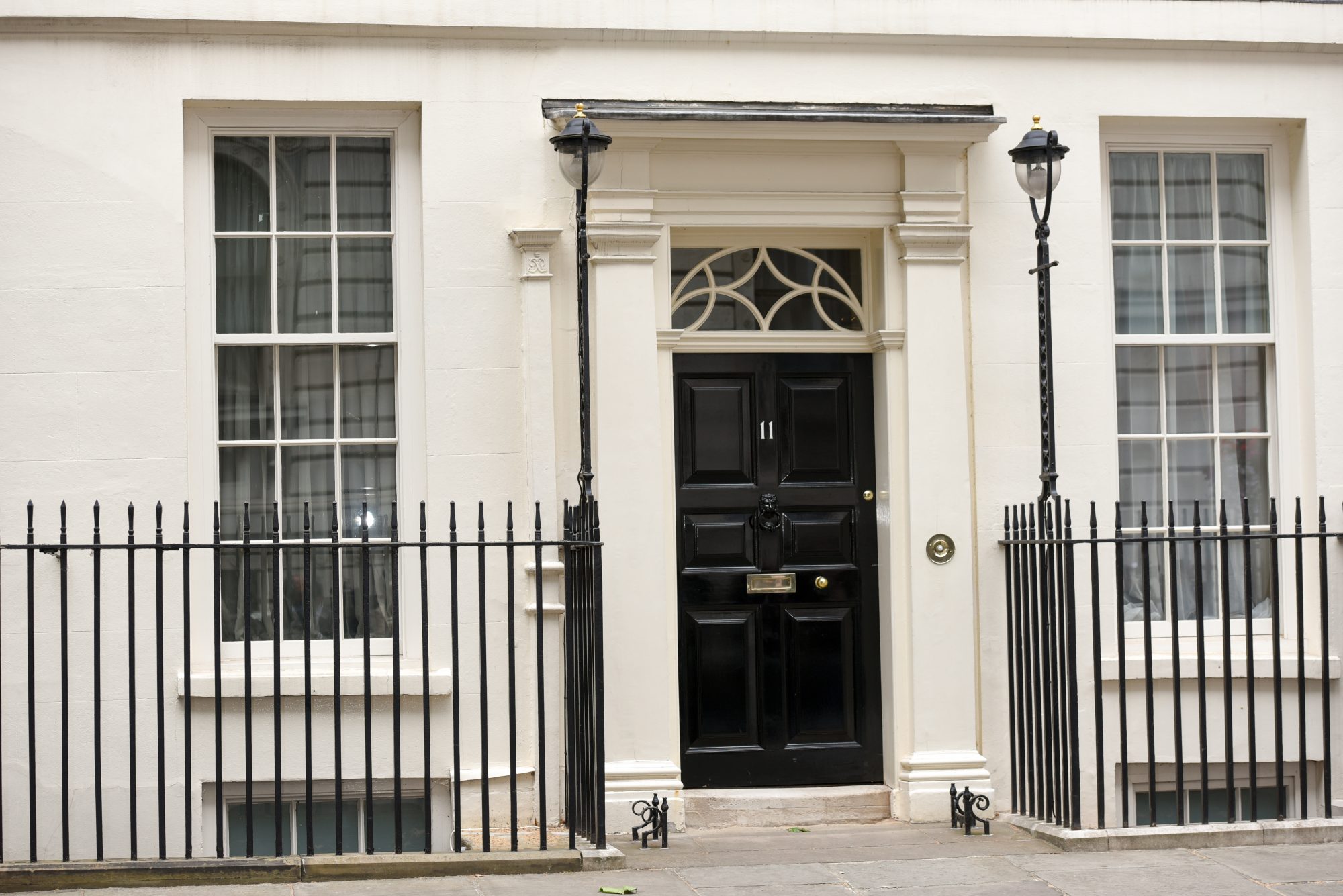In a much anticipated ‘emergency budget’ announcement, The Chancellor set out a series of targeted measures to boost aspects of the economy, struggling in a post Covid environment.
Whilst it is expected that some sectors will not be able to recover for some months yet due to the continued need for social distancing, Rishi Sunak wanted to prime those parts of the economy that can operate and have already begun to reopen following lockdown.
He made it clear that household consumption, the bread and butter of the economy, had ‘disappeared’ in the last quarter and further acknowledged that we are on the verge of, if not already in, one of the most significant recessions in history.
The measures announced all take effect within a matter of days and will, by and large, last through to the end of the year or the end of the current tax year. They are designed to trigger spending, get cash flowing and support businesses bringing staff back from furlough and needing to re-establish cash flow and consistent trading.
Stamp Duty Threshold Increase
In a bid to pump prime the property market, the chancellor said that with immediate effect, the nil-rate threshold for stamp duty (SDLT) on residential property transactions will be increased to £500,000. The increase will continue up to and including 31st March 2021.
The threshold previously sat at £125,000, and so this increase means that nine-out-of-ten residential property transactions will not attract any stamp duty.
Having been impossible to complete sales and purchases or execute moves, the property market, like many others, had ground to a complete halt. By removing stamp duty for any property up to £500,000, the chancellor is effectively granting homeowners up to a £10,000 saving – a move expected to fuel a burst of activity.
Hospitality and Tourism
In a package being dubbed as the ‘saviour of the summer’, the hospitality and tourism sector will be supported as the Government seeks to get people back spending during the all-important summer months. With many industry leaders fearing a ‘triple winter’ (last winter, next winter and the Covid winter) Mr Sunak unveiled measures that will undoubtedly help to generate much needed spending.
Most notable of these announcements were a cut in VAT to 5% and a half price ‘meal deal’ for the month of August.
The rate of VAT for most aspects of hospitality and tourism will be reduced from the prevailing rate of 20% to just 5% for a six-month period to help boost this area of the economy. The reduced rate of VAT will apply to:
- supplies of food and non-alcoholic drinks from restaurants, pubs, bars, cafés, and similar premises across the UK
- supplies of accommodation and admission to attractions across the UK
The reduced rate will apply from 15 July 2020 until 12 January 2021 with further guidance expected in July.
And in a direct appeal to consumers to get out and about, there will be a voucher scheme for registered food outlets, allowing them to offer half price meals, with the reduction being picked up by the Treasury. Restaurants, bars and cafes will be able to register for the scheme via a portal and once registered they will be able to offer diners a discount of up to £10 per head (children and adults) off of the bill, for food and drink, excluding alcohol. The ‘Eat Out to Help Out’ scheme will be available at registered outlets on Mondays, Tuesdays, and Wednesdays throughout August.
Green Homes Grants
With pressure mounting for a green led recovery from Covid, the Chancellor took this opportunity to announce green homes grants of up to £5,000 per household, for use on carbon cutting, home energy efficiency initiatives such as better insulation. The grants increase to £10,000 to help the most vulnerable households make their houses more environmentally friendly. As well as cutting carbon emissions and reducing fuel poverty, the measure is forecast to create and support up to 100,000 jobs.
The Summer Statement in Summary
The Summer Statement was never designed to be a full budget and the chancellor confirmed there would be more to come in the official budget in the autumn. This will include confirmation of plans for major infrastructure projects, previously outlined, along with other measures to boost a struggling economy. However, the big question, not answered in the summer statement and likely to dominate the actual budget, is how is the recession and subsequent borrowing required to support the recovery going to be funded? Many expect significant tax rises, but Prime Minister Boris Johnson has already made clear that he does not want the UK to return to the austerity imposed after the financial crash of 2008. We will have to wait and see what the coming months bring and what shape the recovery begins to take.
